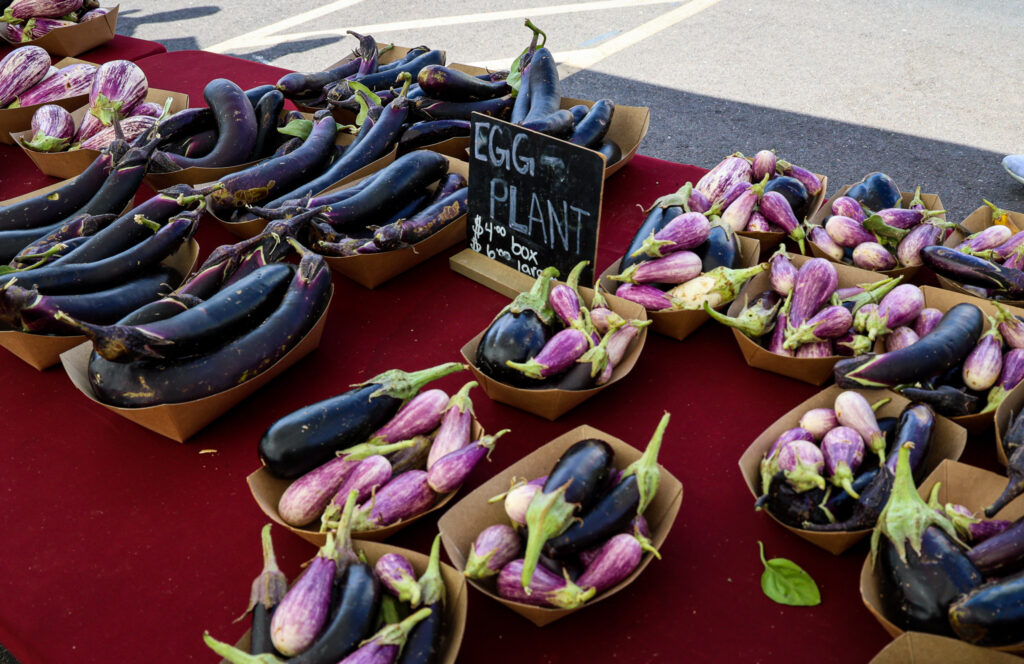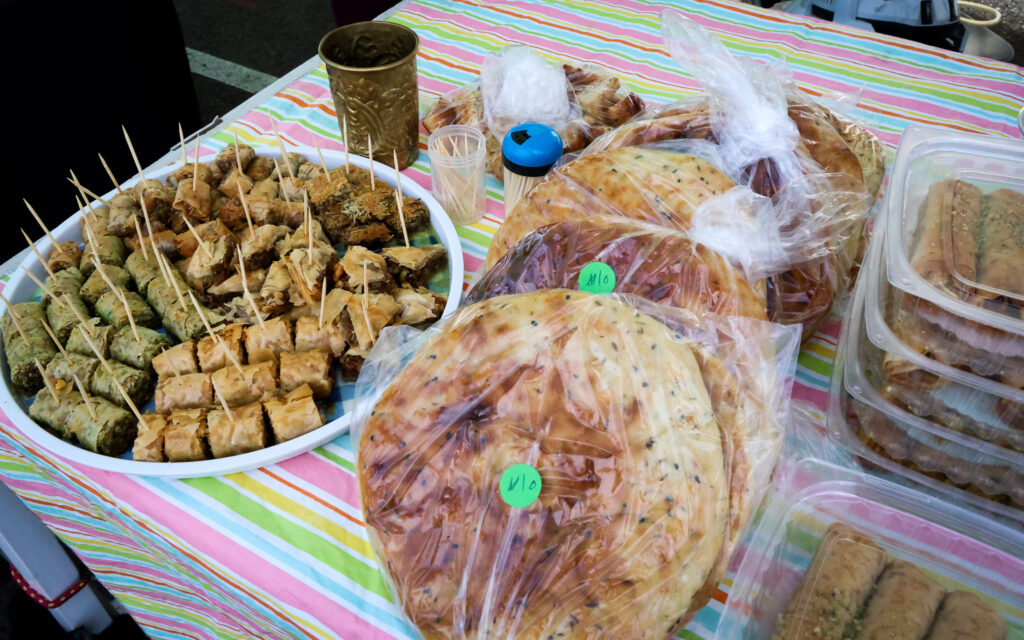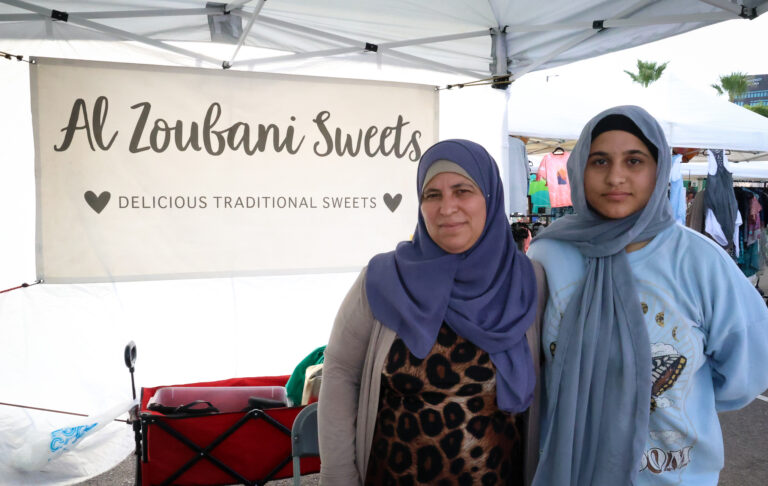U.S. border states, faced with an influx of migrants and refugees, are passing the buck by shipping the new arrivals elsewhere – such as Los Angeles, where Gov. Greg Abbott continues to bus migrants from Texas to California, or New York City, where Mayor Eric Adams has said the migrant flood “will destroy” the city. But an overlooked business angle to the “migrant crisis” is how these new arrivals can, and often do, actually enrich themselves, and their adopted communities, by starting small businesses.
With slim chances for upward mobility in the workforce, newly arrived refugees often find themselves pushed to the sidelines, working jobs that frequently do not resonate with their prior experiences, education, and skills attained from their home countries. This type of work, paired with a language barrier, can often result in a lower quality of life, while also faced with the stereotype of, “immigrants don’t work!” Consequently, our immigrant neighbors are fighting both dehumanization and exhaustion.
So where exactly do immigrants work in this economy, and at what cost? When does the American Dream come true, if ever?
Navigating a completely new country, and an unfamiliar language, while also searching for proper employment opportunities to sustain themselves is a huge challenge. With traditional job markets less accessible to new arrivals, some immigrants opt to create their own American dream; one method often chosen is to take their previous vocational skills attained in their home country and create their own employment opportunities by building their own small business here in the States. As a result, they are reunited with their passions, bringing home an income to sustain their livelihood in the U.S., and contributing to the local economy through their own small business.
Immigrants are 80% more likely to start a business than people born in the U.S. By building a small business from the ground up it ensures their children can later thrive, as it often takes a generation to reap the benefits of upward mobility. Data show that the children of refugees are more likely than children of U.S.-born citizens to surpass the income of their parents once they reach adulthood.
Bringing Kurdistan and Syria to the U.S.
Delveen Al-Hamka helps run Al Hamka Farm and Bakery, a small business in Arizona that her father started twelve years ago upon entering the U.S.
Her father came to this country as a refugee knowing only a handful of English words and soon had to navigate how to integrate his vocational skills within the U.S. workforce. In Kurdistan, all Al-Hamka’s father ever knew was farming. “My dad has been doing this for over 50 years, he grew up with a dad that was farming and he loved it, started learning when he was very young and stuck with it until now,” Al-Hamka said.

With the help of the International Rescue Committee (IRC), he began his journey to launch his own small business in the U.S. “The main reason we started is because it is my dad’s favorite job and he grew up with it. It was difficult, he wanted to work with what he knows, and to do his own thing,” Al-Hamka said. Now that the business is established, her father has worked to assist other refugees who want to learn how to farm, whether it be through training or giving advice.
To meet clients’ needs, the business plants in two separate locations, dividing their produce between the two to maximize efficiency. If it is something they harvest frequently, the small business plants it at the Peoria, Arizona, location since it is more accessible. As the week progresses, depending on the amount of orders, the business plans out which days of the week to plant. Some locations where they sell include St. Mary’s Food Bank, Arizona Community Hub, and Tiger Mountain Foundation.
Despite the success of their small business, the family also works other jobs on the side in order to sustain themselves. “Right now, we are trying to do half and half, we all have our jobs and can handle the business side of things. I think it is always good to have multiple streams of income,” Al-Hamka said.

Similarly, Basmah Al-Zoubani founded Al-Zoubani Sweets to sell traditional Syrian treats to Arizona residents. “This is our 9th year. For 20 years we have been working with sweets, starting in Syria. And then we moved here and we are still working with sweets,” Al-Zoubani said, relishing being her own boss and most loyal employee.
Zoubani, equipped with her own commercial kitchen, spends her entire Friday, from morning to night, preparing sweets and ensuring they will be of the highest quality for the Saturday morning Downtown Phoenix Farmers Market. Her eldest daughter assists her with packaging, but aside from that, Syrian Sweets is entirely a one-woman business.
A business model with passion at its heart
Essentially, these small business models depend on the passions of immigrants mixed with the desire to sustain themselves in the United States and can provide compelling subjects for small-business profiles.
The U.S. economy stands to benefit from these small businesses as it diversifies the economy, adds consumer goods to the market, and brings different cultures into the U.S. economy. Moreover, the formation of businesses by immigrants has historically assisted the country. In 2011, during a downturn in job creation, immigrant entrepreneurs proved twice as likely to establish a new business than native-born Americans.
Stories like this exist all throughout the country and represent the value immigrant-owned small businesses add to the U.S. economy, community, and culture. The American Dream takes shape in a number of different forms, whether it be fresh produce at the local farmers market or selling a piece of Syria in dessert form to Arizona residents.











